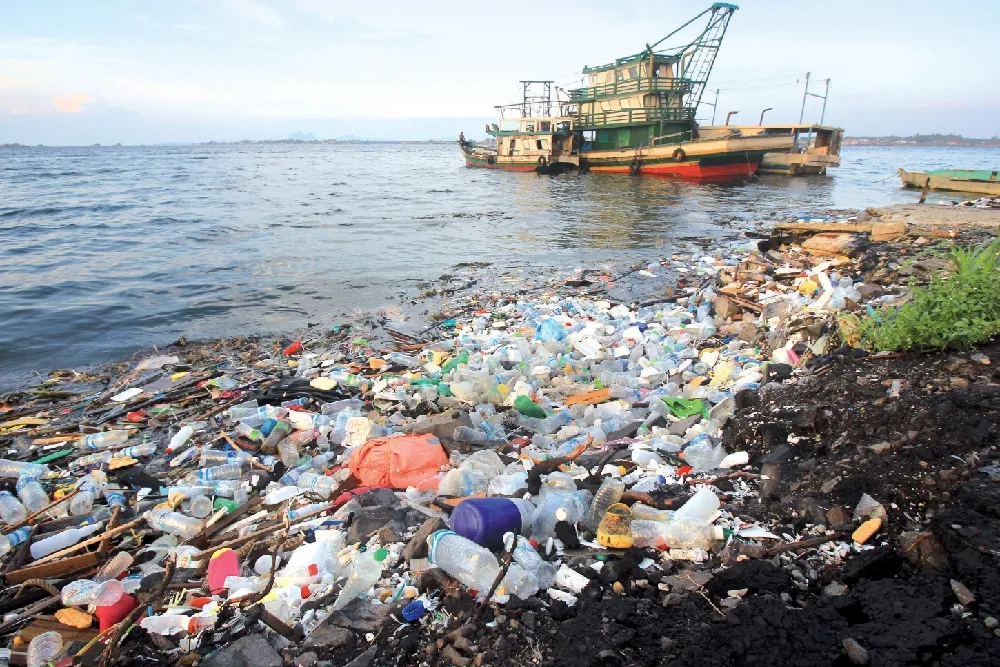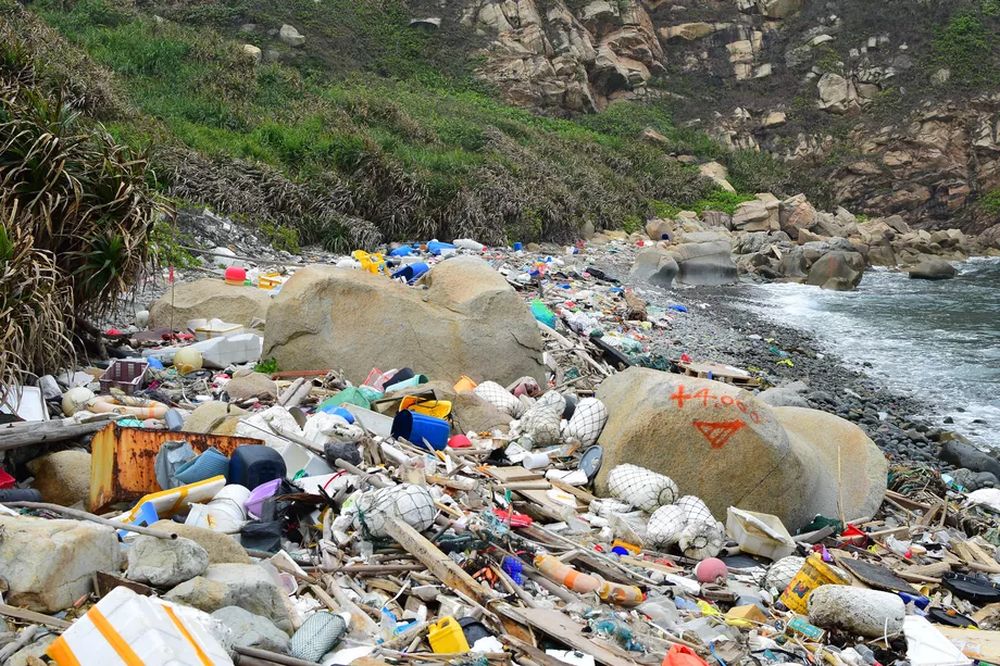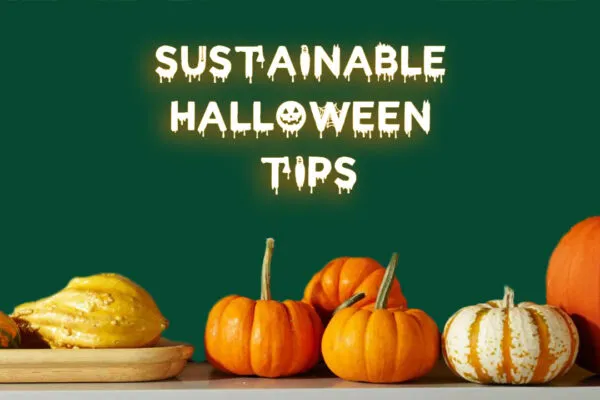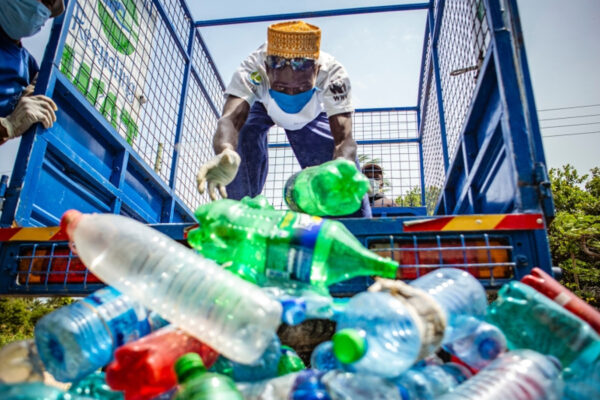Bacteria Turns Plastic Waste Into Vanilla Flavouring
Researchers have come up with a sweet solution for plastic pollution – converting it into vanilla flavoring! They did so by using genetically engineered bacteria. For the first time ever, a valuable chemical is brewed from human-induced waste.
According to research published in the journal Green Chemistry, genetically transformed E-Coli bacteria are used to convert terephthalic acid from plastic waste into vanilla essence!

Heap of plastic waste dumped in the ocean | Image: Open Edition
The first author, Joanna Sadler said that this is the first time that a biological system has been used to upcycle plastic waste into a valuable industrial material.
Polyethene terephthalate is one of the most common types of plastic used today. Most of the existing technology is focused to degrade PET into substituent monomers, ethylene glycol and terephthalic acid and repurposes them into second-grade plastics.
But the current research does not recycle but rather upcycles and creates a useful product from it. The research has emphasized genetically engineer a strain of E.Coli that transforms terephthalic acid into vanillin flavor. Vanillin is a molecule that creates the fragrance and taste of vanilla. It is widely used in the cosmetic and food industry, making it a significant platform chemical.
Also Read: Chinese Researchers Identify Plastic Eating Bacteria to Degrade Plastic Waste
Vanilla is commercially extracted from the vanilla plant, but the global demand has restrained its worldwide supply. However, scientists aren’t sure if the vanillin derived from plastic waste would meet the regulatory standards for food consumption but have vouched that it is suitable for cosmetics and other applications.

Image: Ocean Conservancy
According to the research paper, scientists warmed a microbial broth to 37° C for a day, similar to that of brewing beer. This helped to convert 79% of the TA into vanillin. Later, scientists nudge the bacteria to improve the rate of conversion. They concluded that the conversion can be done quickly, considering that they have a robust DNA facility.
Scientists acknowledged that this is a very promising study demonstrating that terephthalic acid can be transformed with a biotechnical process. This work is an important step not only towards creating biorefinery hubs in cities but also sustainable societies.
Via: Chemistry World


